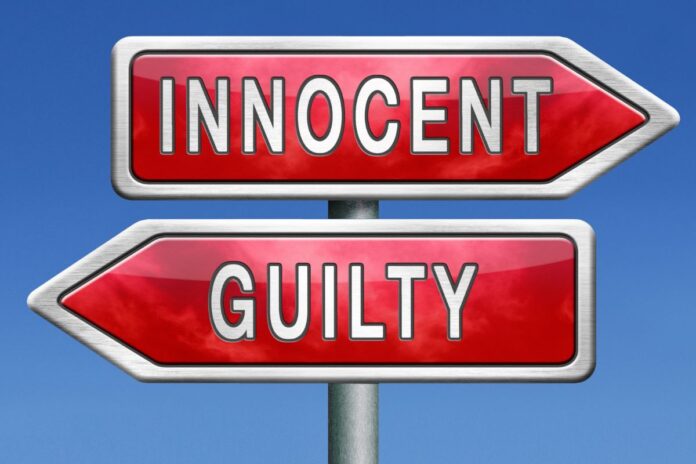Why the practice that mirrors behaviour on dating apps is terrible for your brand’s reputation.
Ghosting - ending a relationship by ceasing all communication suddenly and without explanation - is widespread in the digital dating world.
Now the practice is emerging in business too, says PR and marketing expert Ashley Rossiter.
And it's not just B2B that's suffering. It looks like this practice is also trickling down to consumer interactions - bad news for businesses that don’t spot it developing within their companies.
So why is enterprise ghosting even a thing?
Following its social acceptance as part of online dating, ghosting is now effortlessly finding a comfortable spot in the business-place as a way of declaring non-interest in a service, individual or product.
Why? Well, coupled with the busy pace of life and work, taking time to respond can easily become either an afterthought or not even a concern.
And that judgement all too often based on the value of the end reward; no obvious reward = no response.
Why is enterprise ghosting bad for business?
It’s actually terrible for business…. Not only does enterprise ghosting deplete your good reputation, but it also destroys trust and possible future dividends.
“But it doesn't matter because I'm not interested in what they have to say/do/offer.”
Wrong!
That customer whose comments you failed to acknowledge on social media… That advertising executive who approached you to enquire about your ad budget… That owner wanting to talk incessantly about their horse…
Guess what? They might seem annoying at the time – but they are all potential customers!
Every single interaction you have under your business name has the potential to improve or eradicate your business's reputation and trust.
Ignore at your expense
OK, so you're putting a value on interactions. Then let's look at some statistics, bearing in mind that everyone has the potential to be a customer or recommend you to a new customer:
- 36% of consumers share their customer service experience, whether good or bad. More than one-third report posting on Facebook, followed closely by Instagram. *CFI Group
- 13% of customers tell 15 or more people if they have a negative experience. *Esteban Kolsky
- 70% of buying experiences are based on how the customer feels they are being treated. *McKinsey
"Our attitude towards others determines their attitude towards us." – Earl Nightingale.
Remember this next time your company chooses to ‘enterprise ghost’ an individual or business.
About the author: Ashley Rossiter MCIPR is the founder of MirrorMePR, an award-winning equestrian and lifestyle PR and digital marketing agency. Tel +44 (0)20 7043 2345 www.mirrormepr.co.uk

















